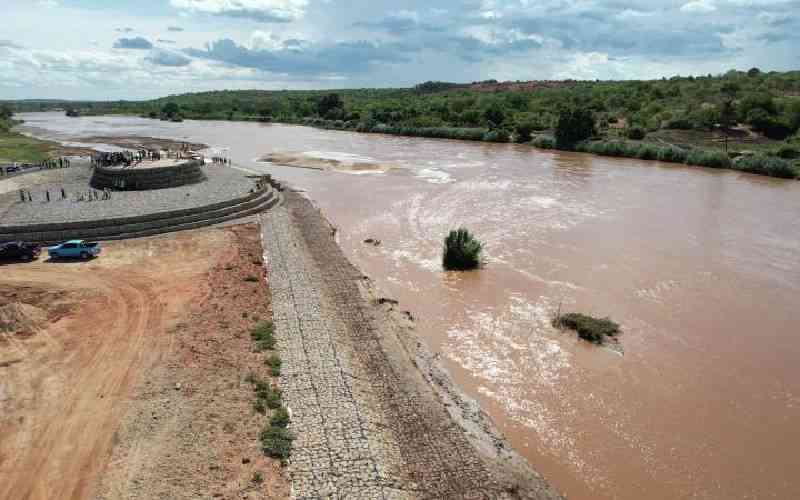×
The Standard e-Paper
Stay Informed, Even Offline

Have you ever wondered how else your bank could make your life better?
Well, many of us, grateful for the Corporate Social Responsibility efforts, like school feeding programmes, sponsorship of sport events and education of the less fortunate, have been blind to a lot of chaos masked underneath.